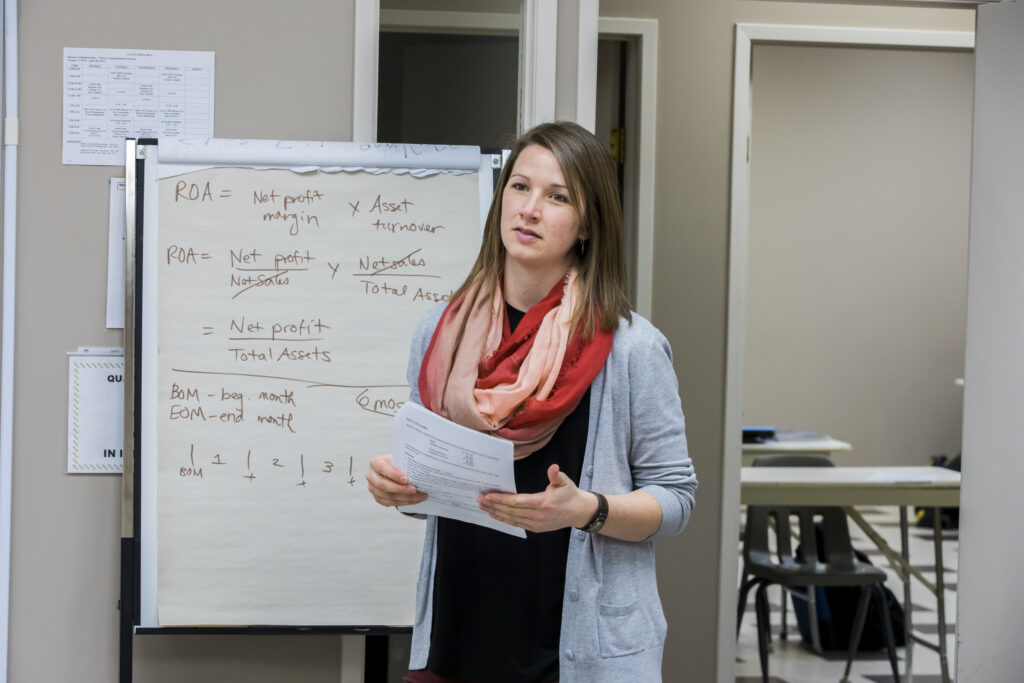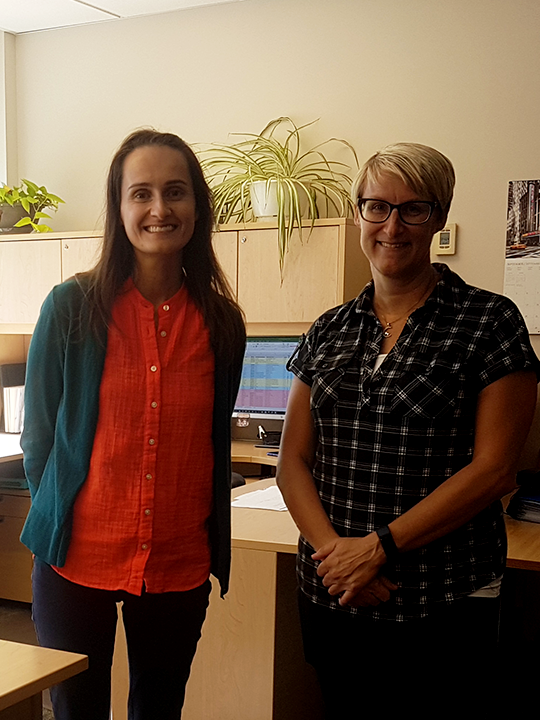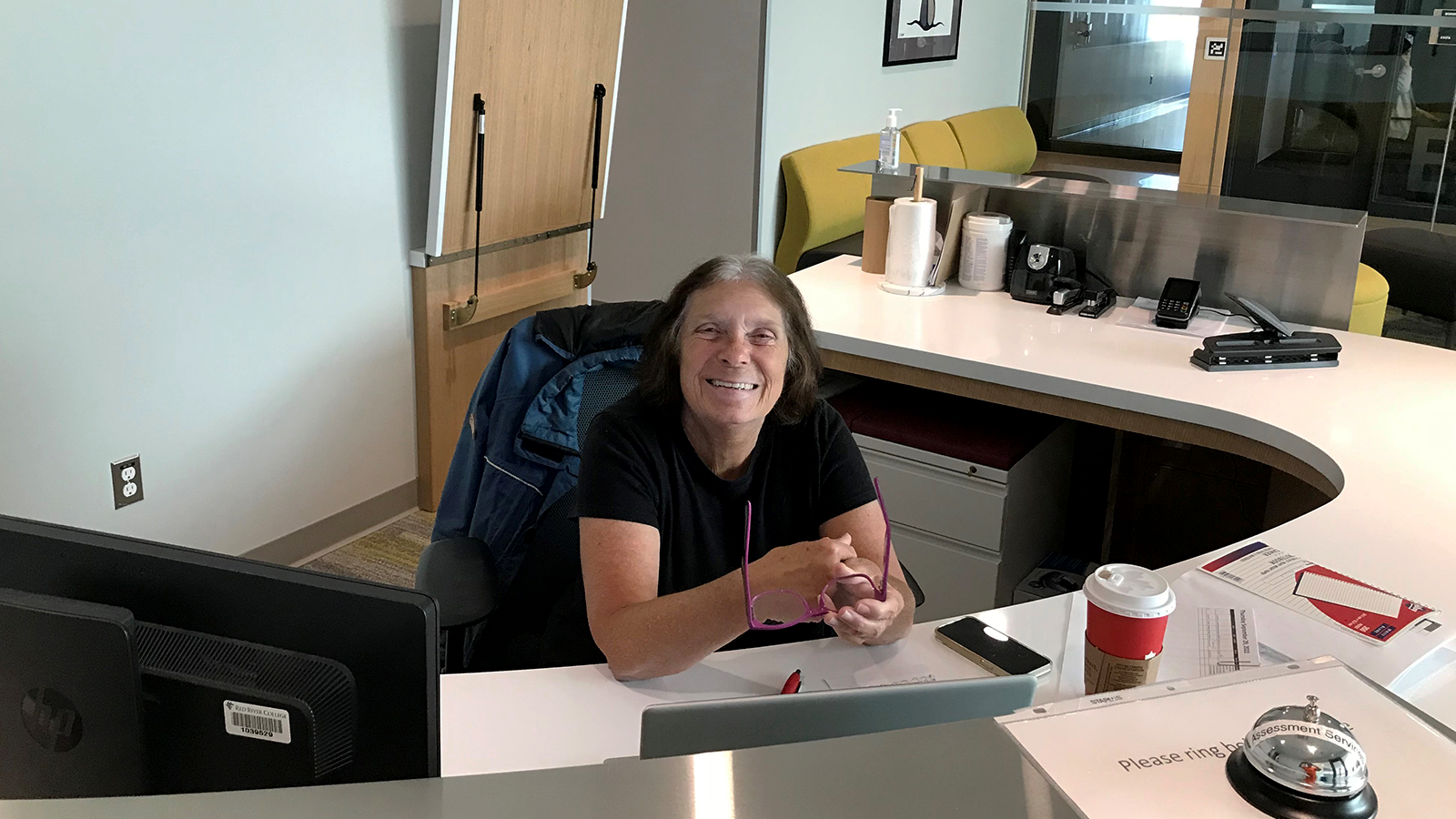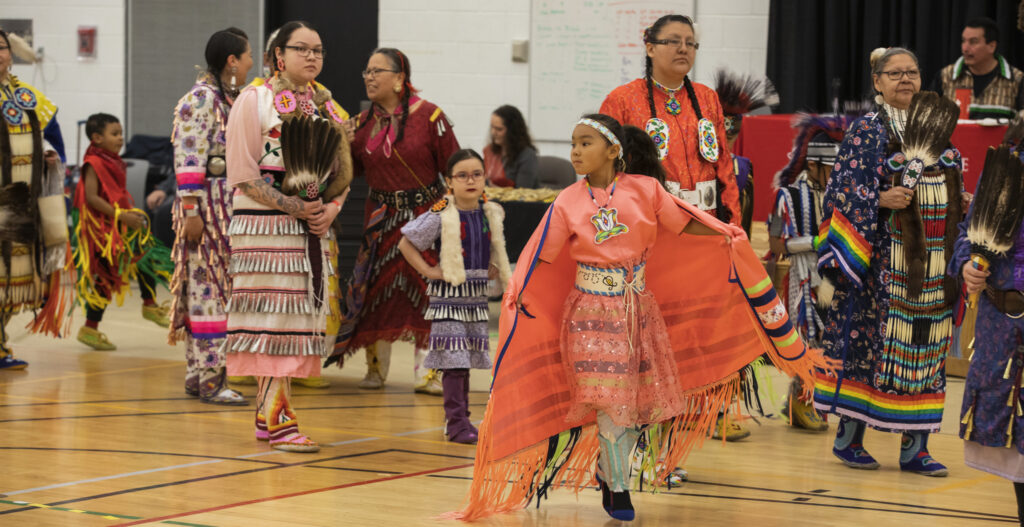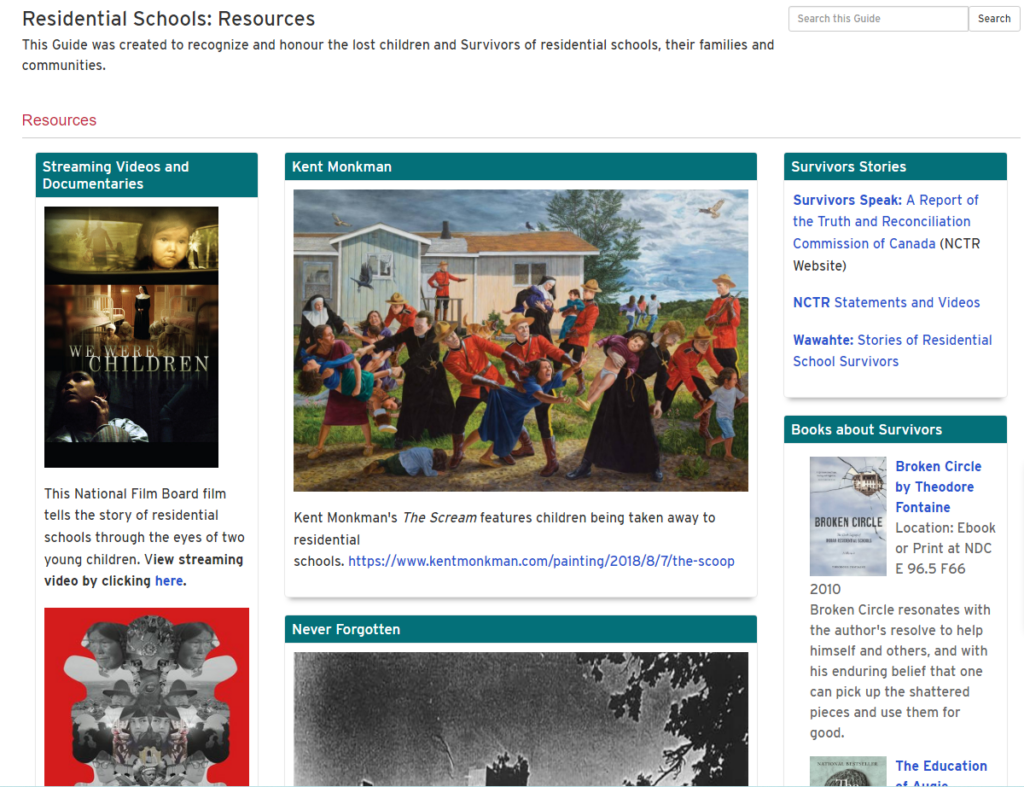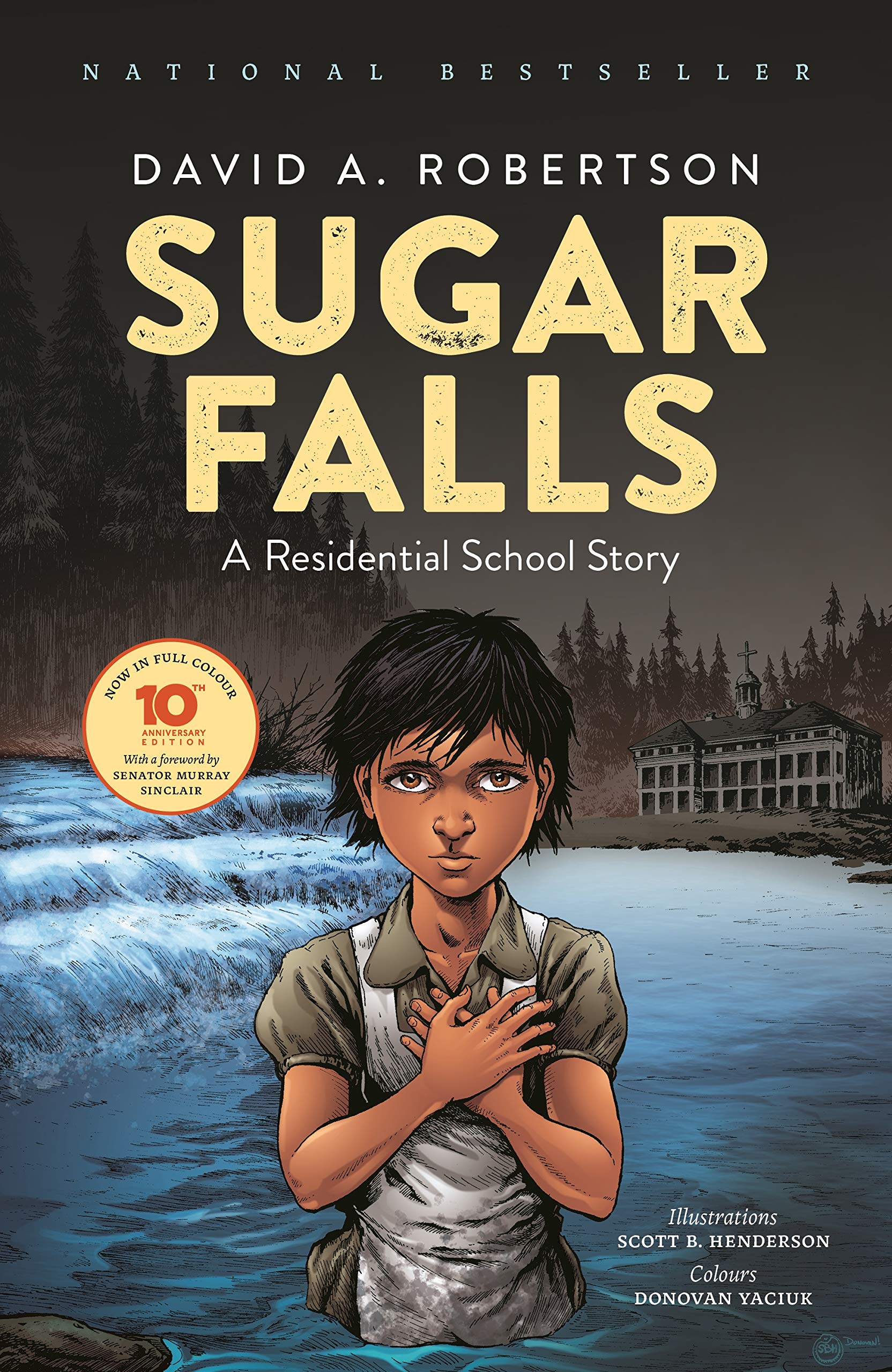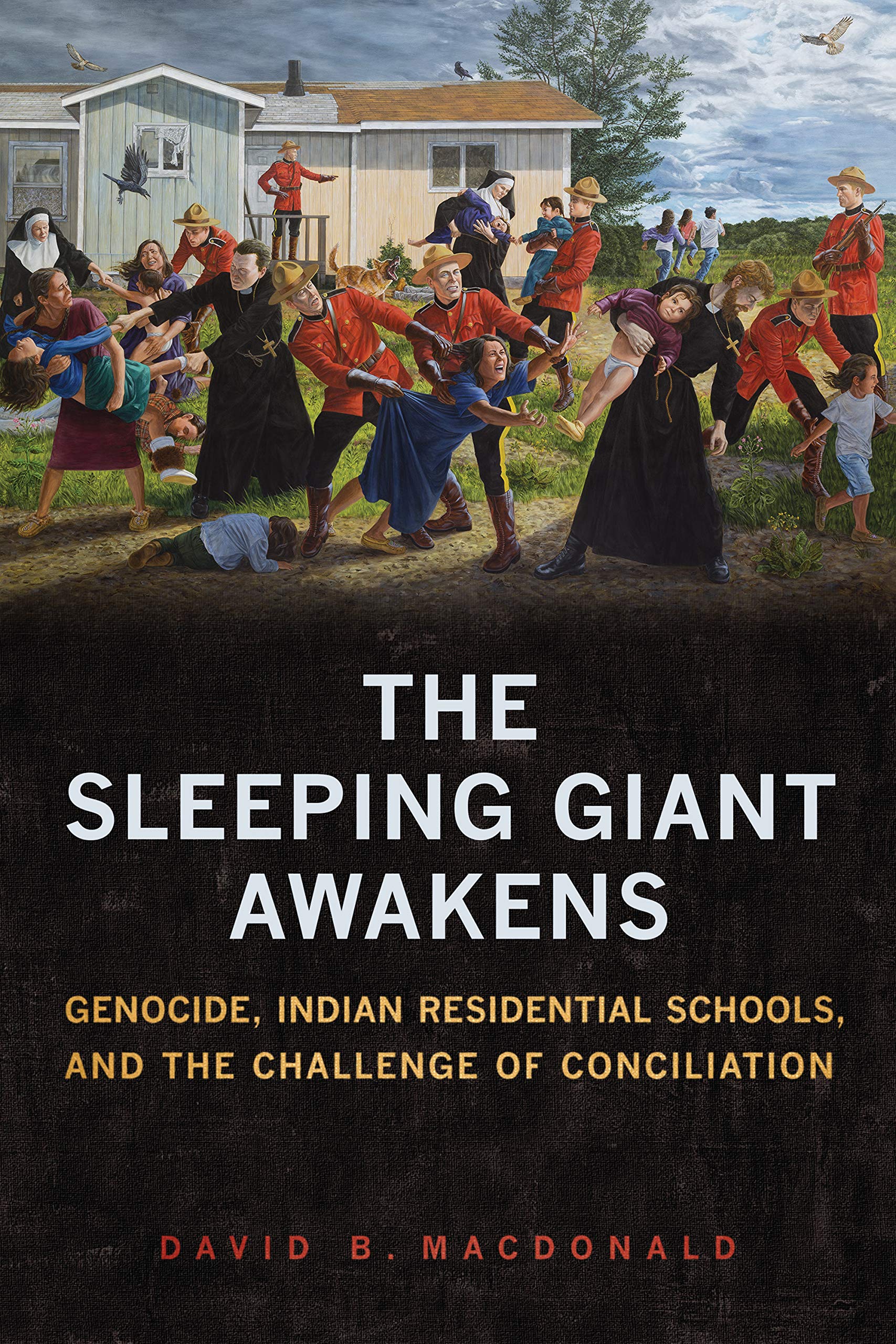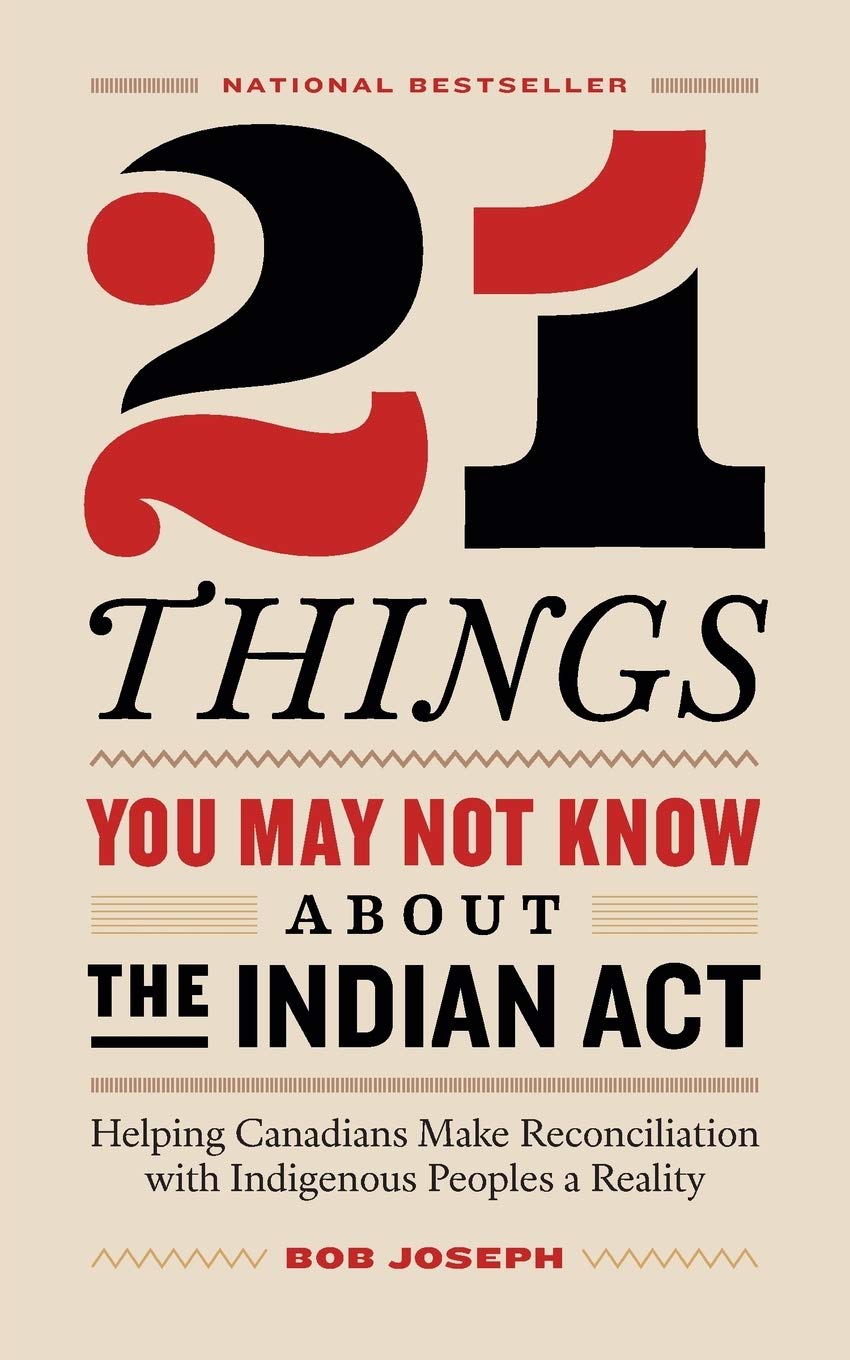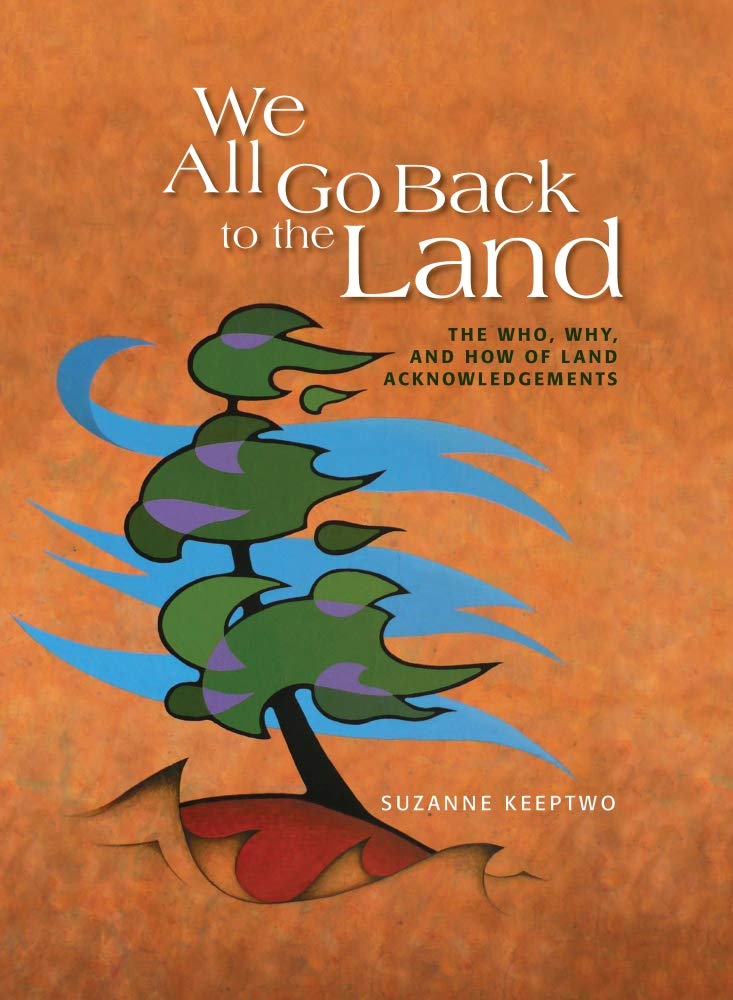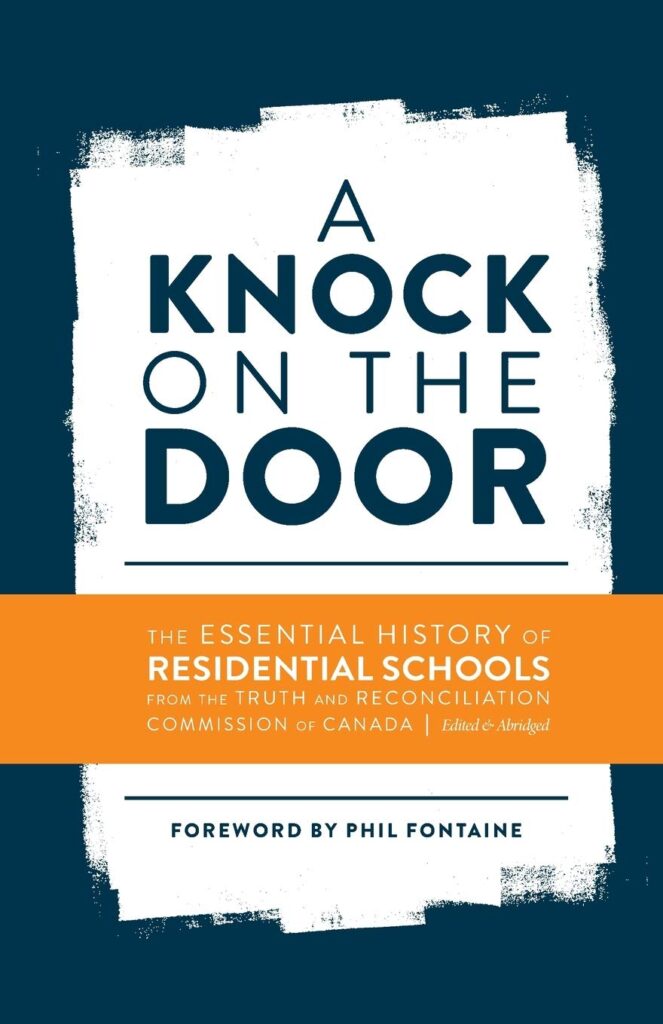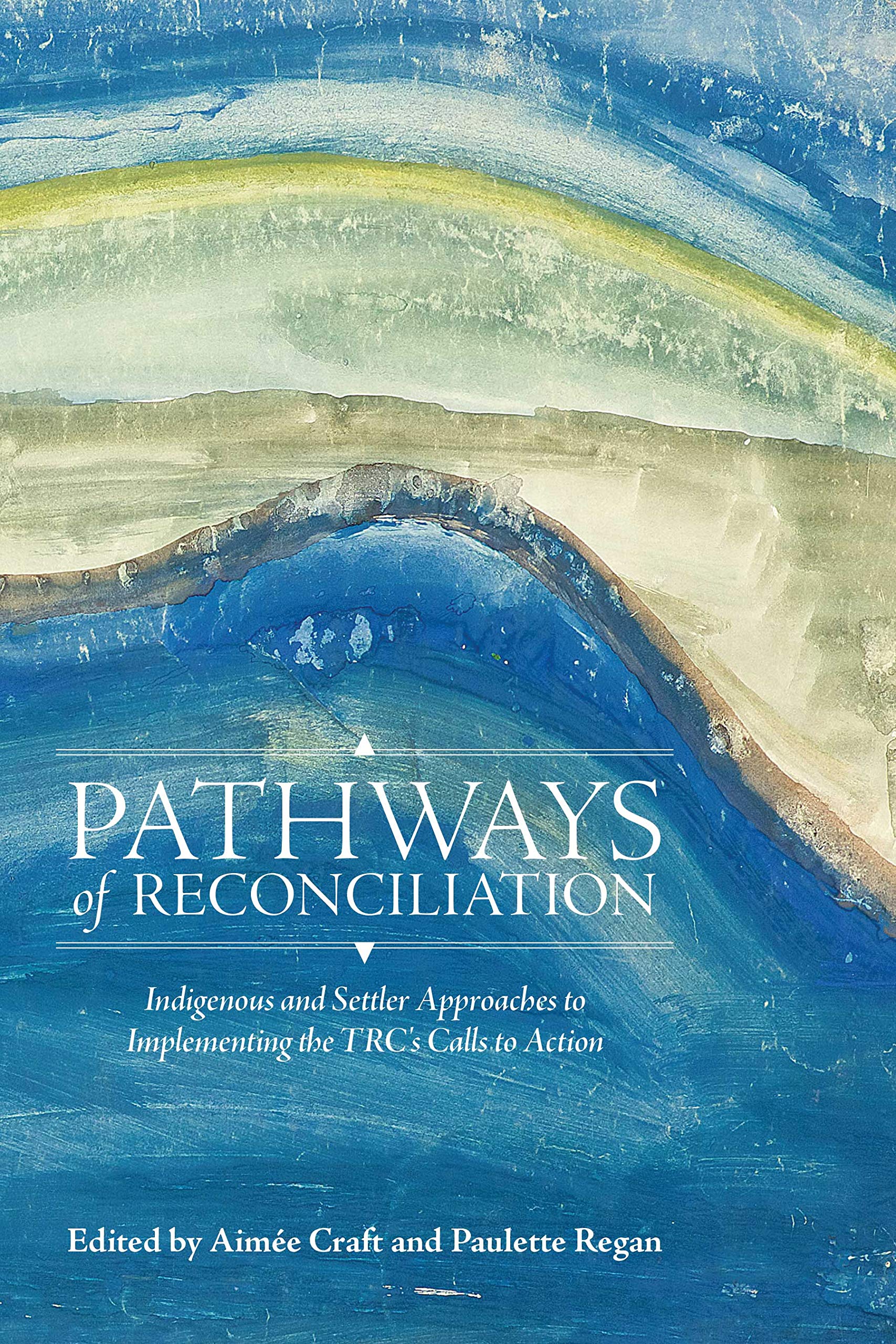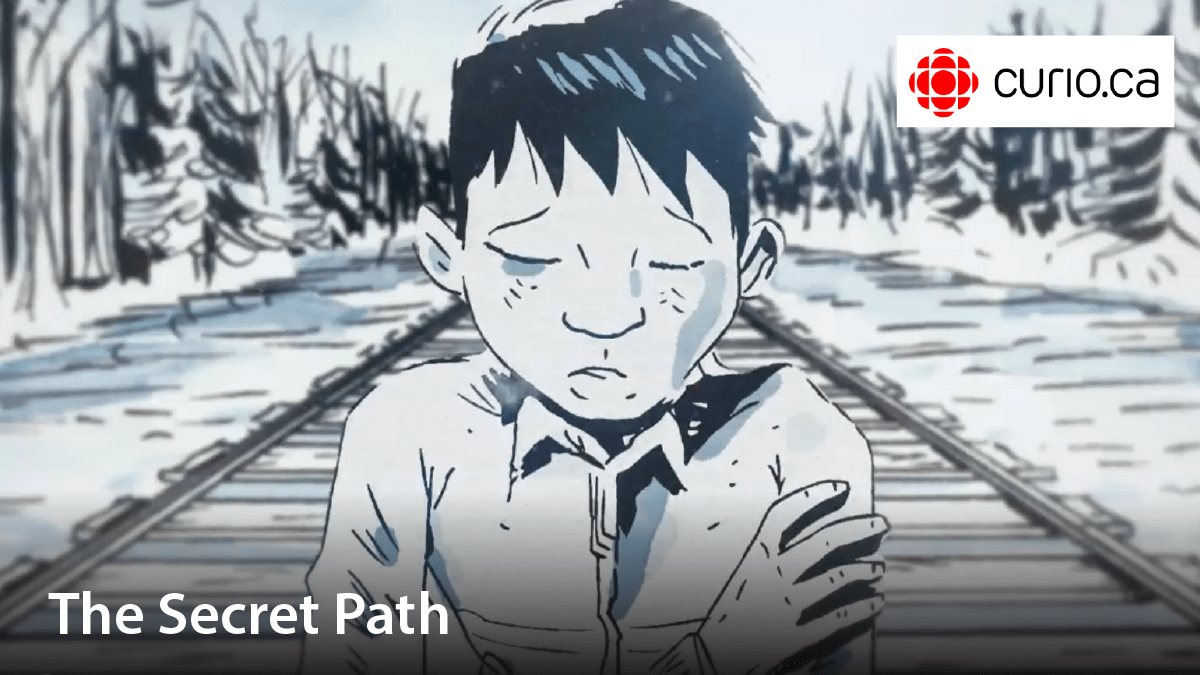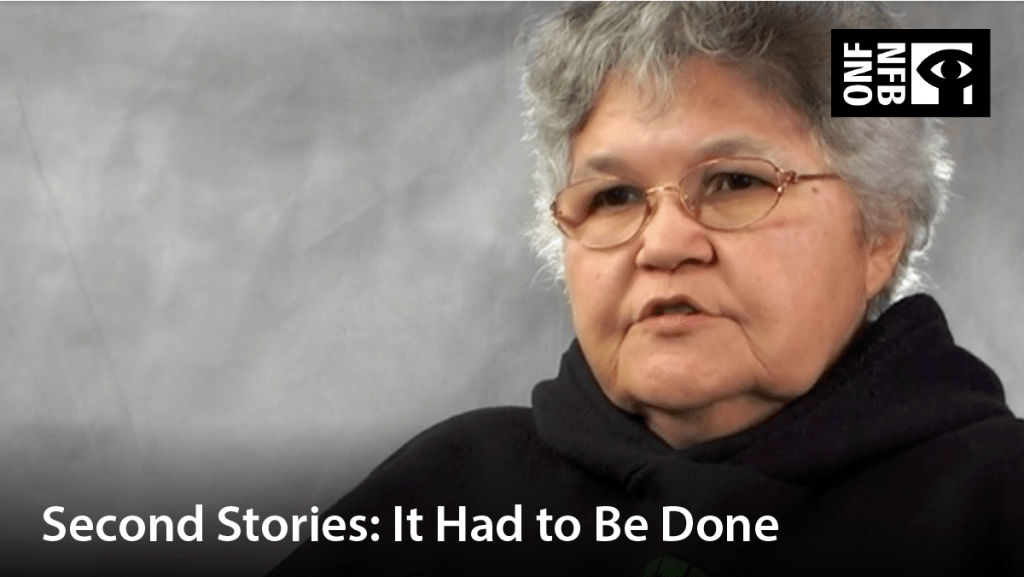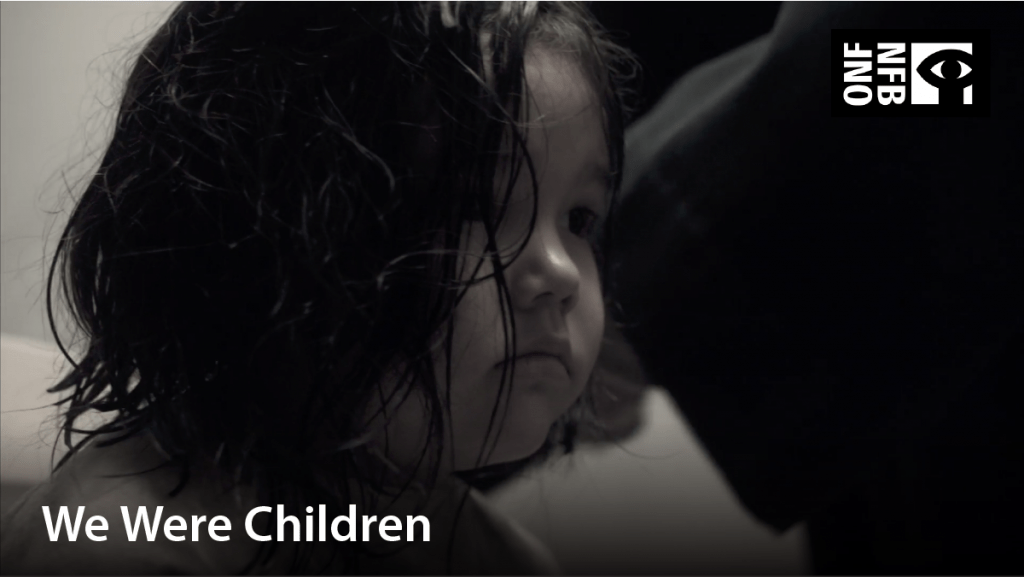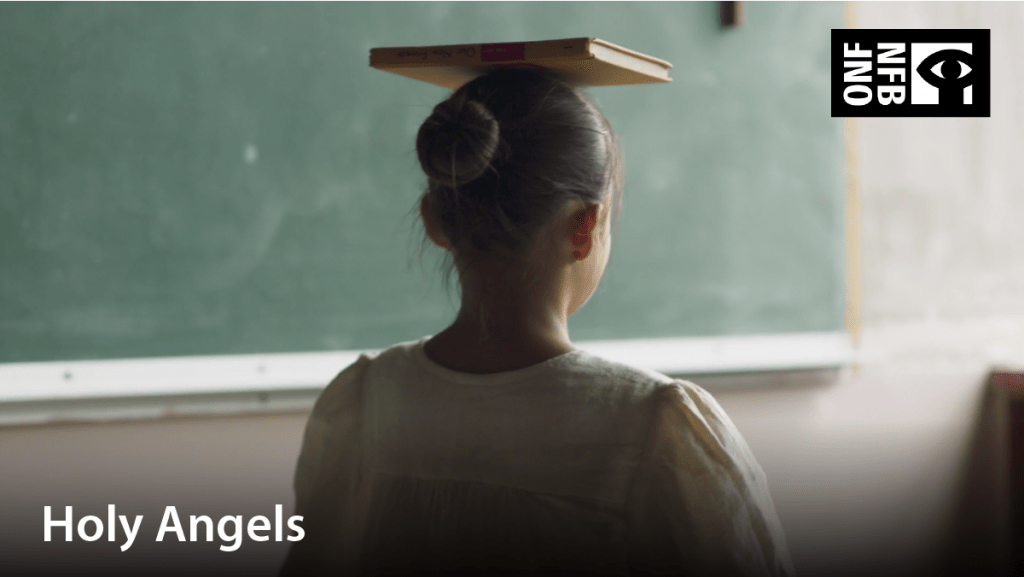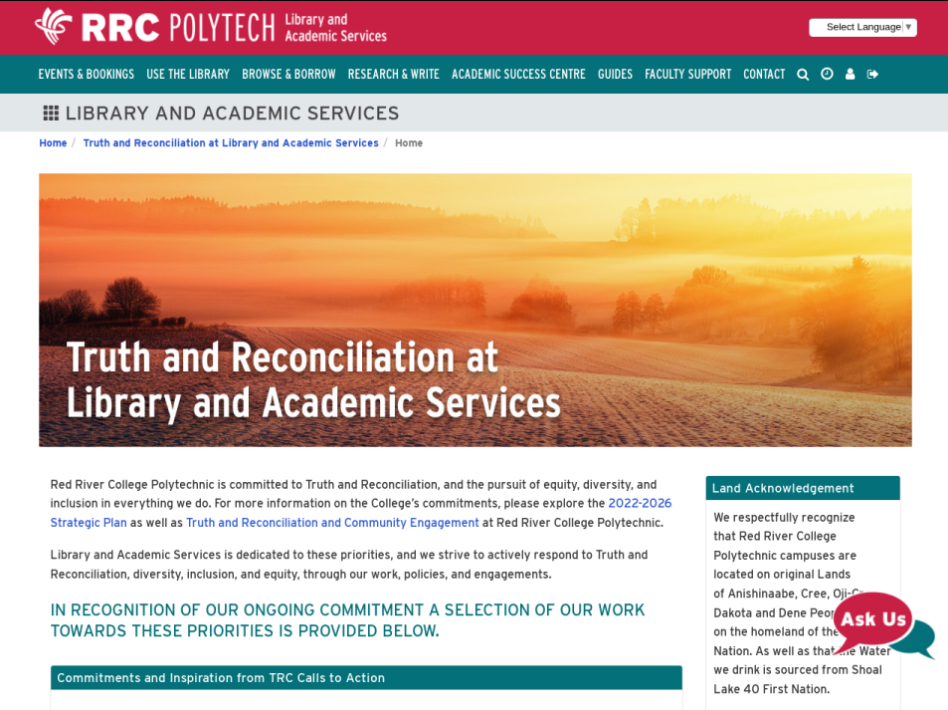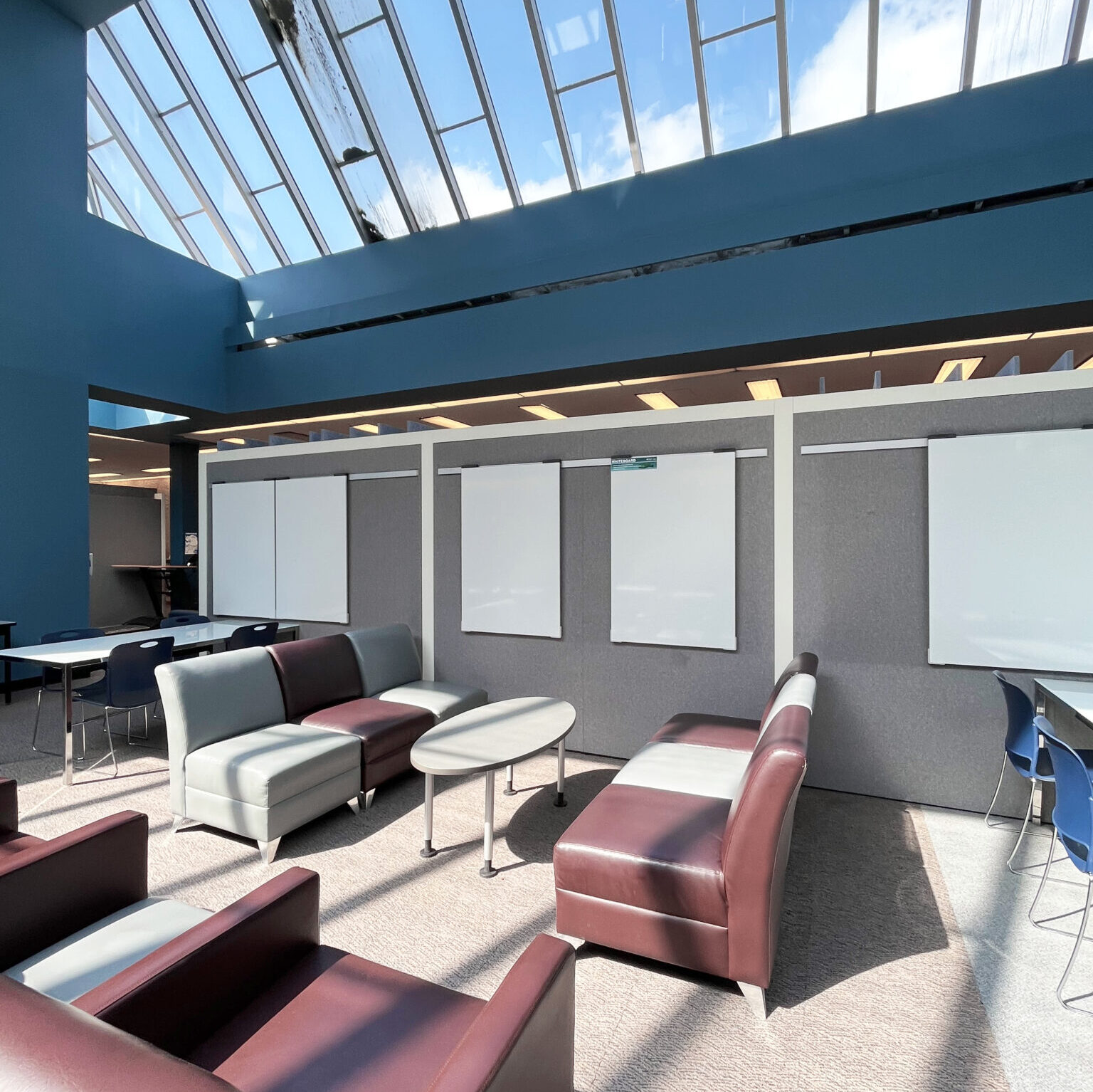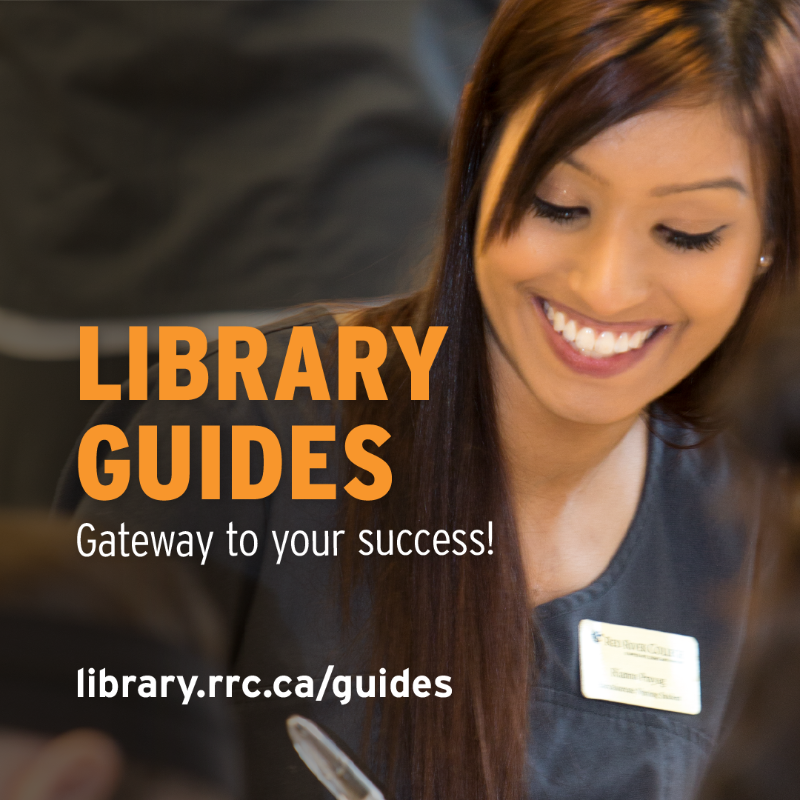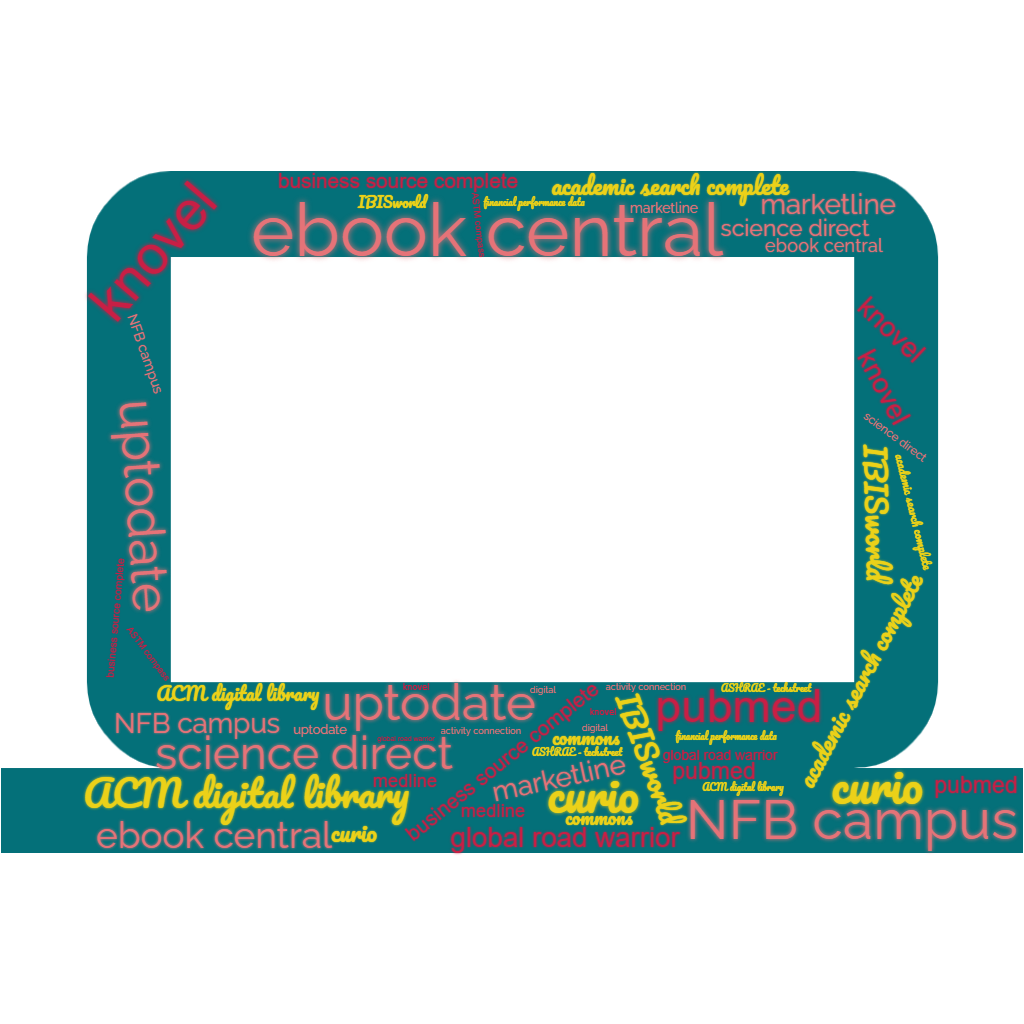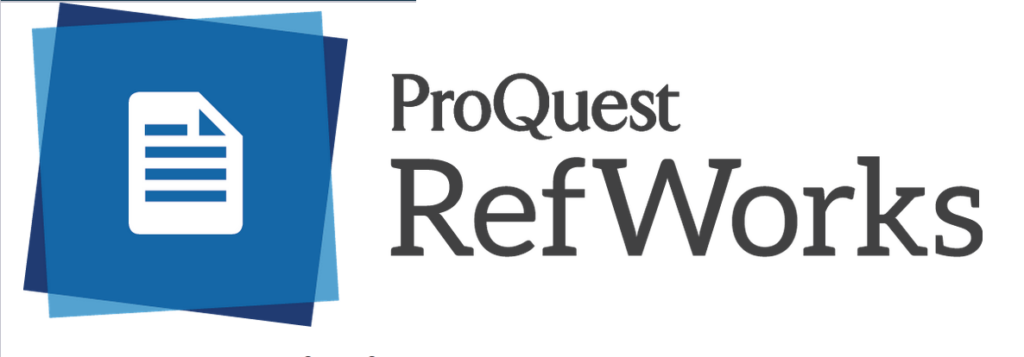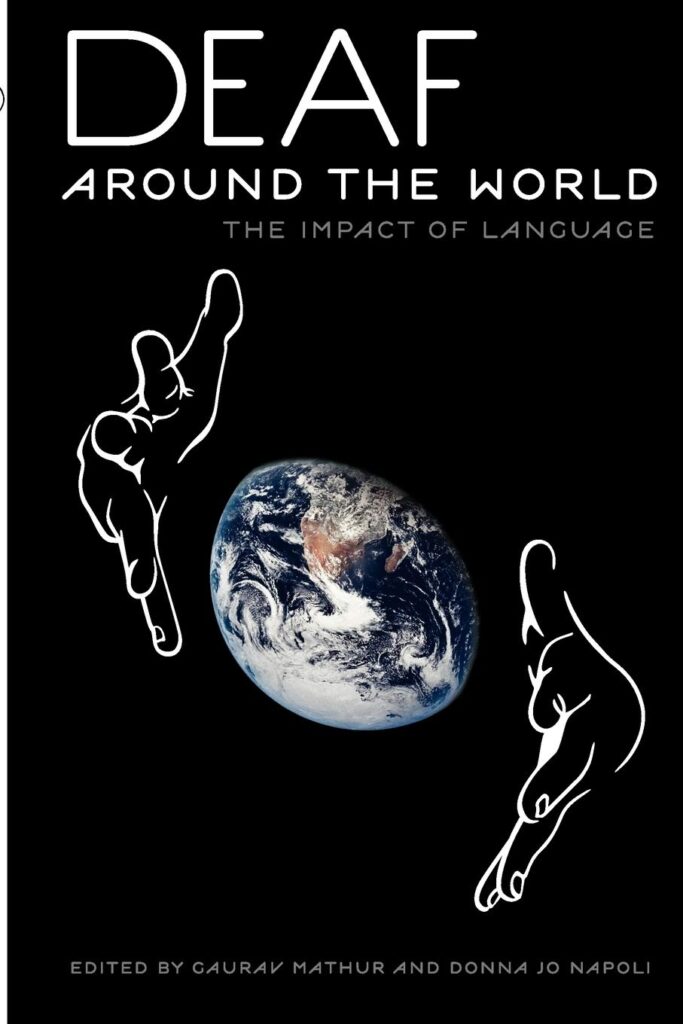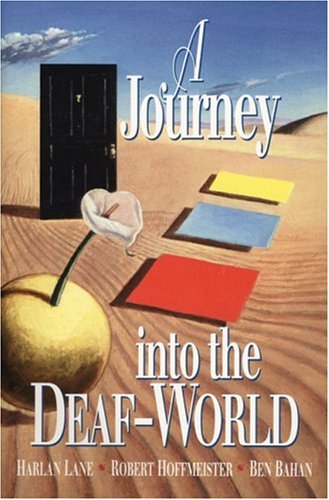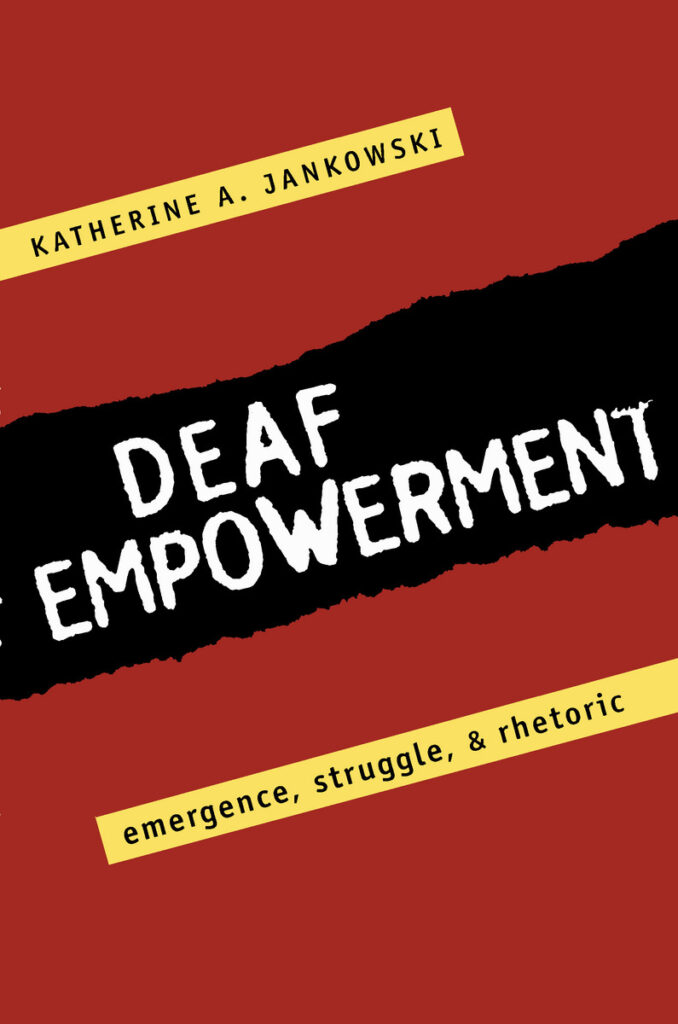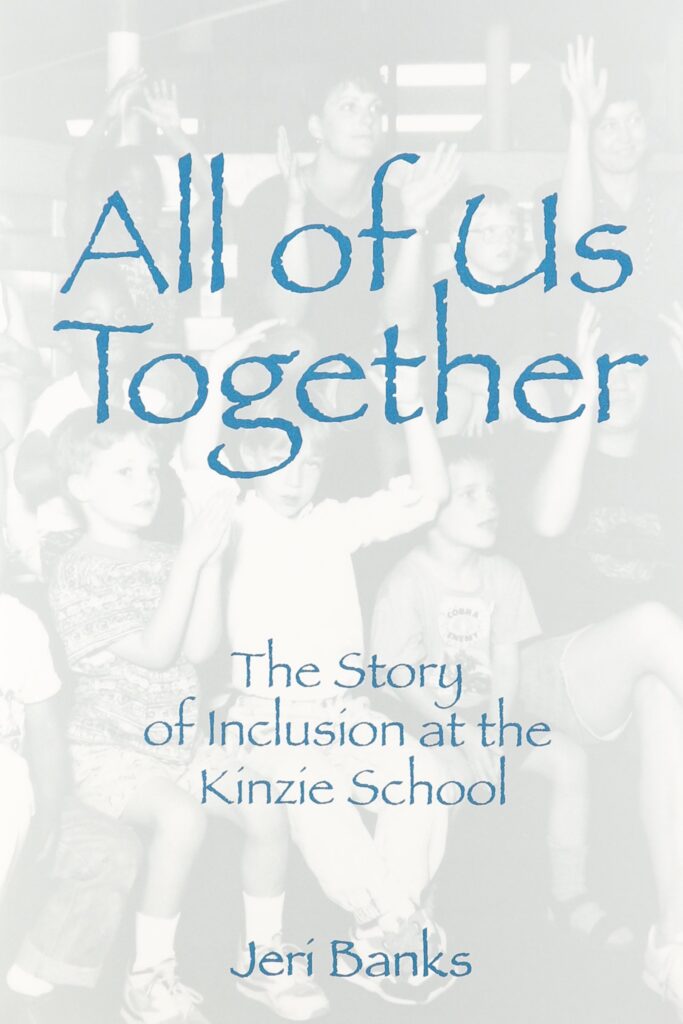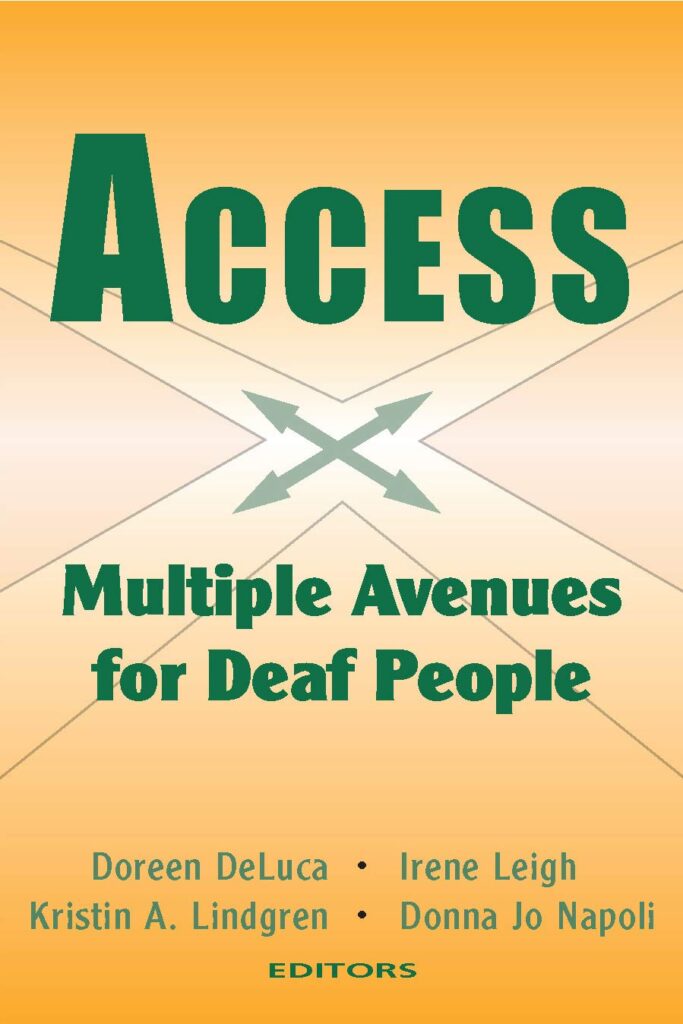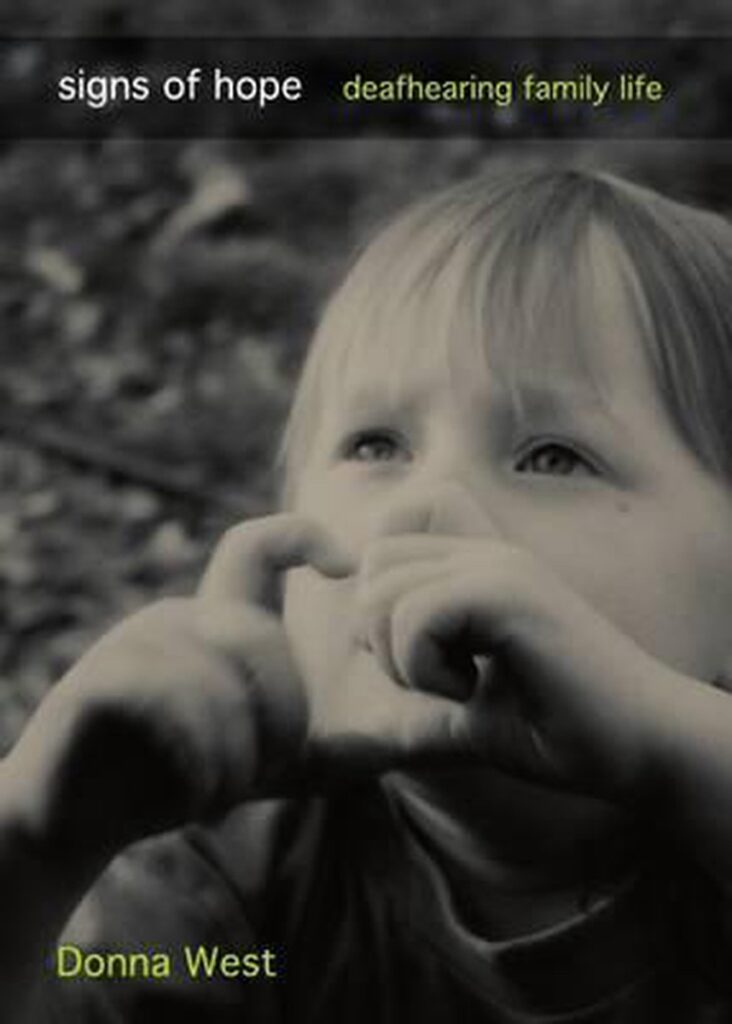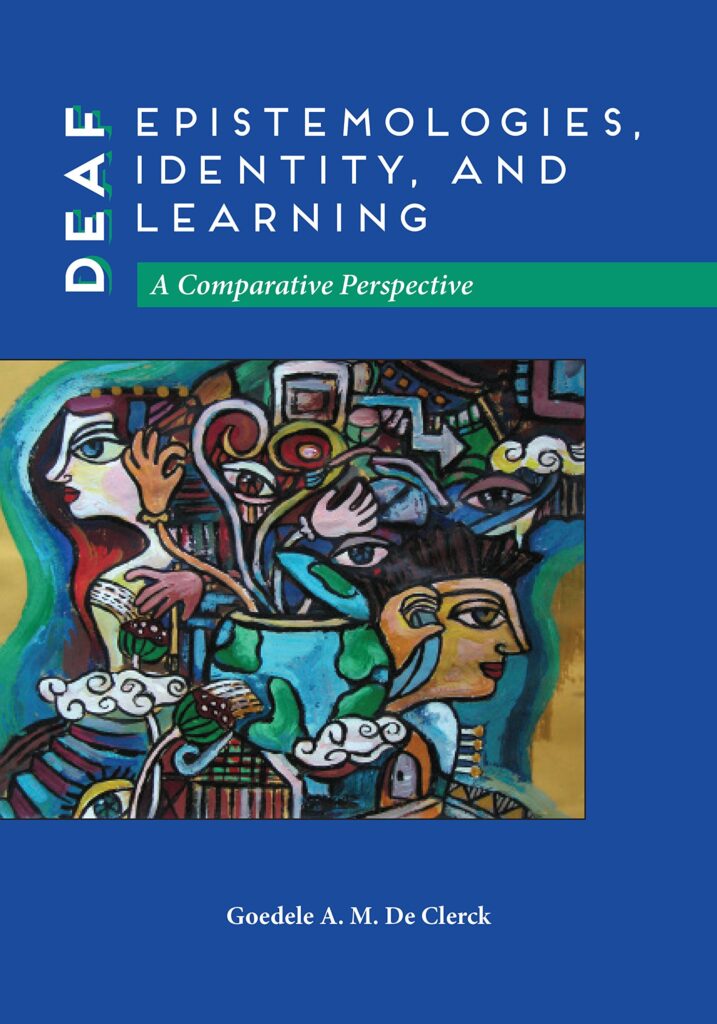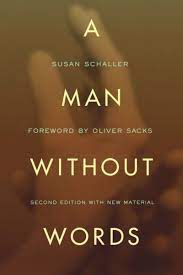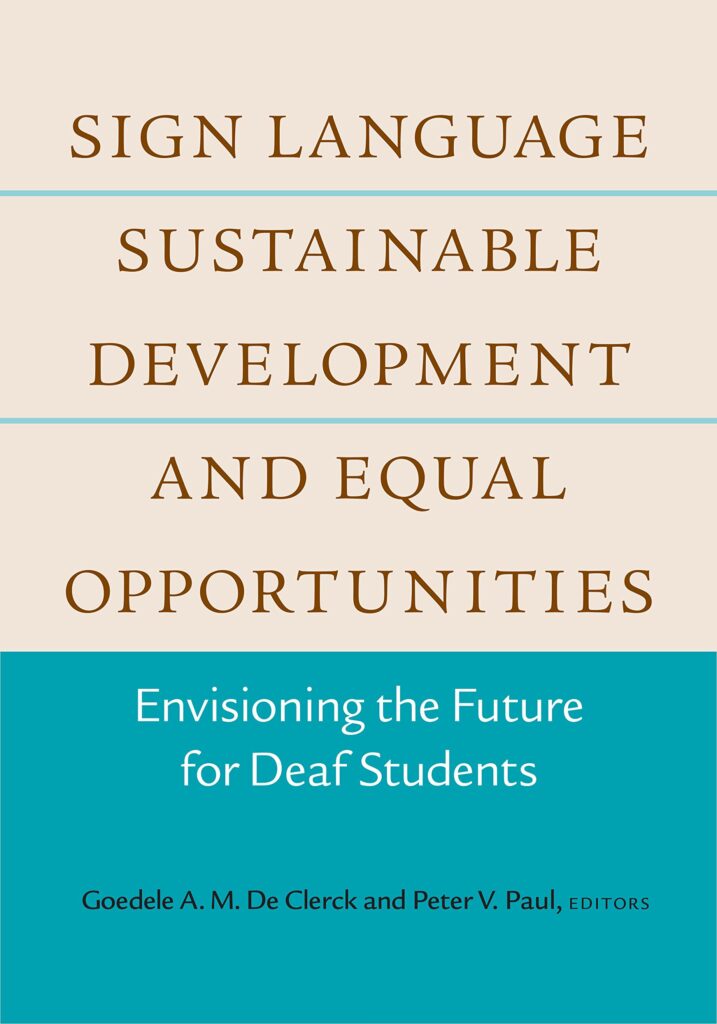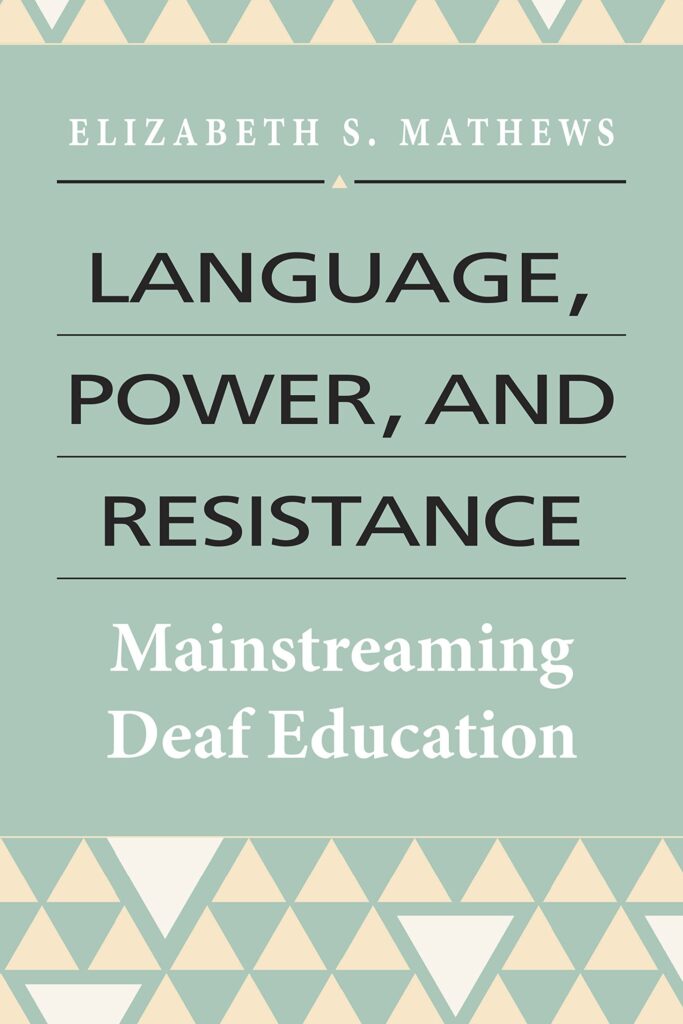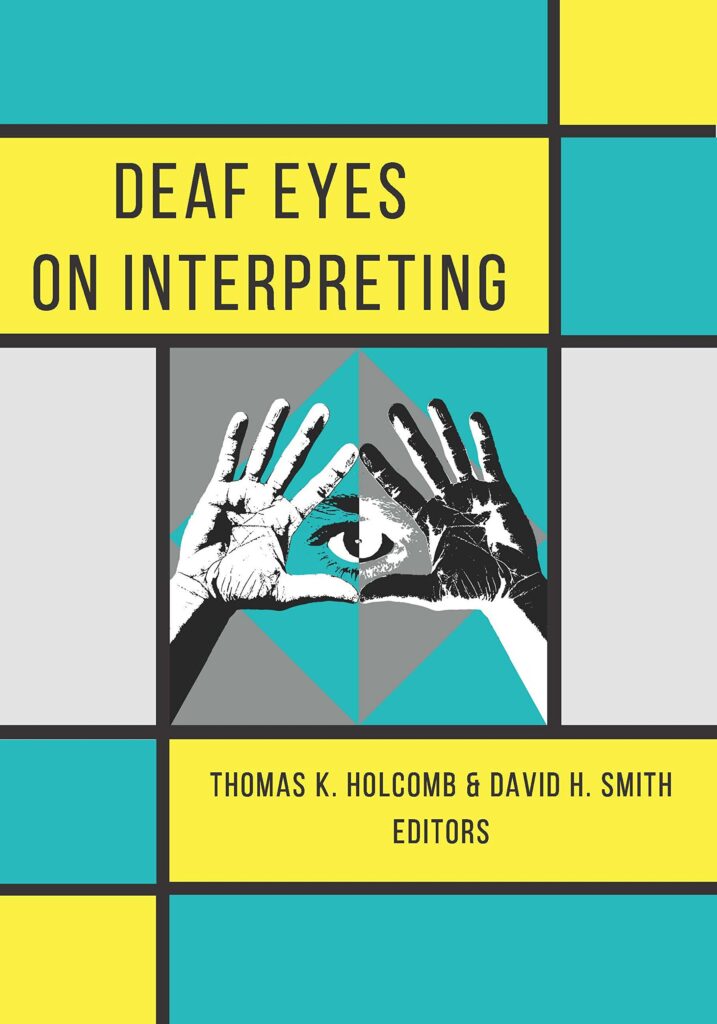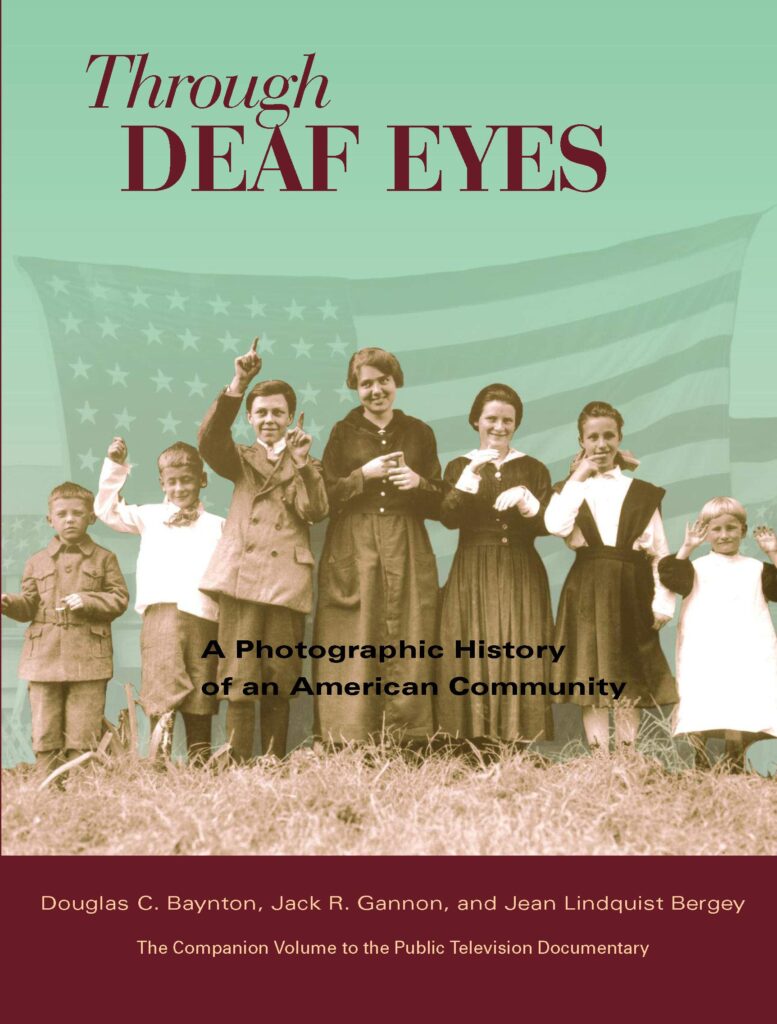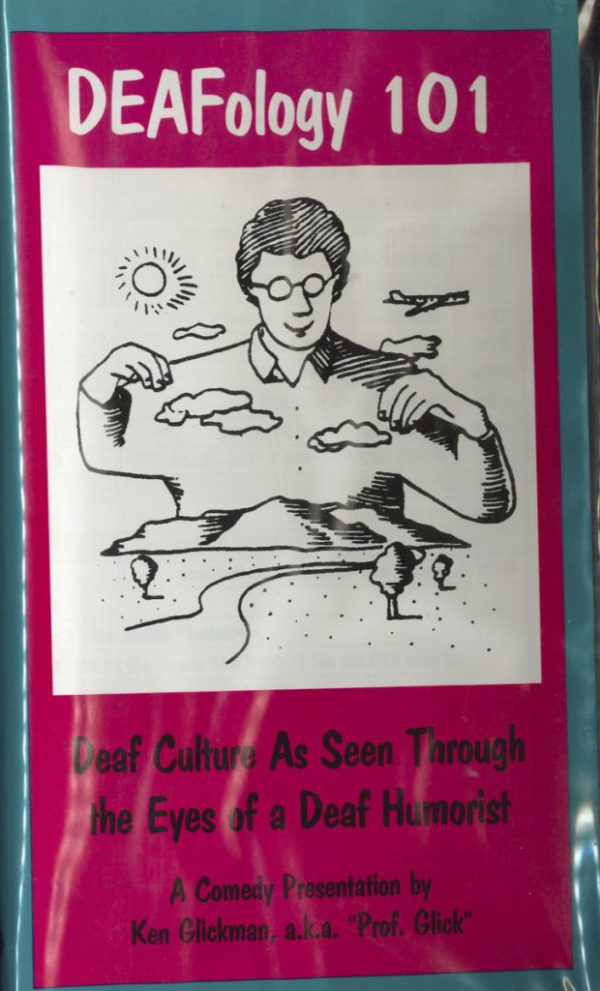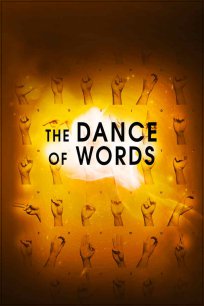Change (with)in Academic Coaching
Academic Coaches have long worked one-on-one with RRC Polytechnic students. They guide students to achieve their academic goads and overcome obstacles by looking at new approaches to learning.
Our academic coaches are exceptional listeners. They raise self-awareness, stick closely to the agenda, and encourage the student to take responsibility for themselves.
In our coaching model, we look at options; we look at choice. We are searching for “what is possibly, in this situation?”
When students access academic coaching, they are stating that they are not accepting the default choice (to do nothing). In his writings on the philosophy of education, John Dewey underscores this importance of choice and change: “The self is not something ready-made, but something in continuous formation through the choice of action.” Coaching is about raising self-awareness as a precursor to the nature of the choices we make.
This fall term, we’ve explored various ways to offer Academic Coaching and advanced the program with two key practices:
- Recognizing the value in an authentic coaching sessions. When students and academic coaches have the opportunity to observe, provide feedback and see common issues, students can see that they aren’t alone in their challenges and coaches can home in on skills – all of which leads to ways forward for students.
- Bringing our Peer Coaches into the fold. Peer coaches are peer tutors with additional training to help ease the transition to college for new students. The insight peer coaches provide as both students and coaches inform our coaches on what students are currently experiencing. And, as like many supports, there is a certain amount of reciprocity:

“What I like about being a peer coach and a peer tutor is the ability to share my experiences with students and, at the same time, learn from them too. It’s like having a conversation with a friend but having the ability to help and support them as they go through the adventures of being a college student.” Peer Coach, Kim Patricia Reyes,
Our Peer Coaches joined the Academic Success Centre’s Academic Coaching meetings. Their presence and input add to the richness of our coaching community. Meeting topics include moving from online to in-person learning, retaining information throughout the terms for multi-level/stackable courses, and adapting to changes in a timetable.
This fall, we have offered students the opportunity to attend a Group Coaching session. In these sessions students hear about a relatable issue or goal that a peer has, and options to work through the issue or meet the goal. Students are invited to contribute to the conversation or be active listeners.
The next Group Coaching session is scheduled for Monday, Nov 21st at 12pm in the NDC Library Classroom CM-27. For more information, visit https://library.rrc.ca/academic_coaching/welcome
Through Group Academic Coaching, Academic Coaching Training + Development, Peer Coaching and one-on-one Academic Coaching, we provide students with impactful questions, “what makes this an issue now, what have you already tried, what are the implications of doing nothing or carrying on as things are?”; a bank of resources and, most importantly, the opportunity to identify and address and move a goal forward.
Submitted by Dayna Graham and Nick Schroeder, ASC


